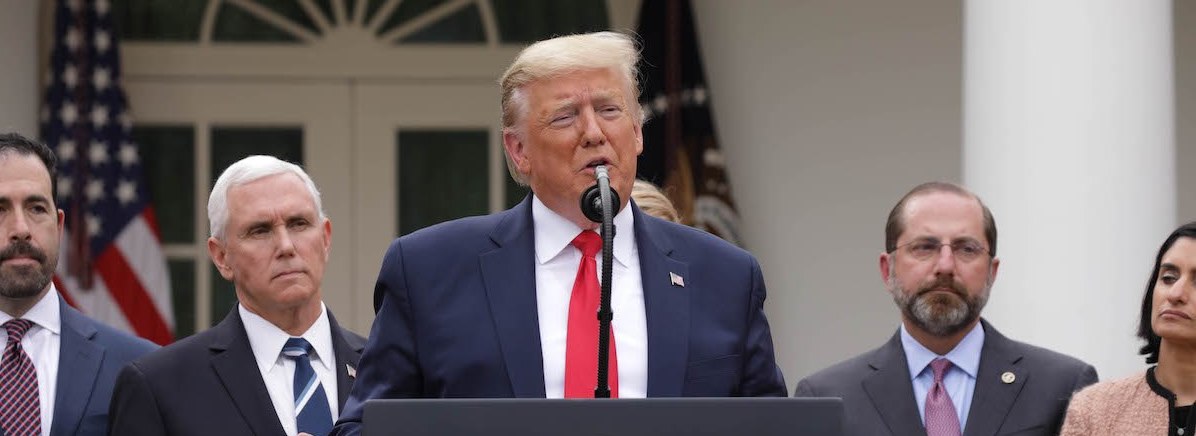Two weeks ago we awoke from our dogmatic slumber of American exceptionalism to realize that the coronavirus was not merely some “Chinese virus,” or the bane of aging Italians. America, and her public officials in particular, have been playing catch up ever since. Lacking adequate testing to have any clear handle on where the virus was and wasn’t, many states and localities began enacting stringent measures for “social distancing,” to mitigate and suppress the spread of the deadly virus before it overwhelmed hospitals across America.
Login to read more
Sign in or create a free account to access Subscriber-only content.
Topics:
